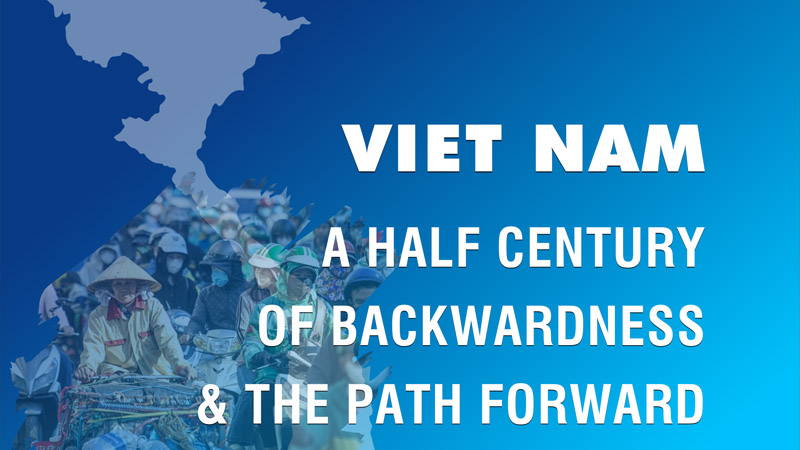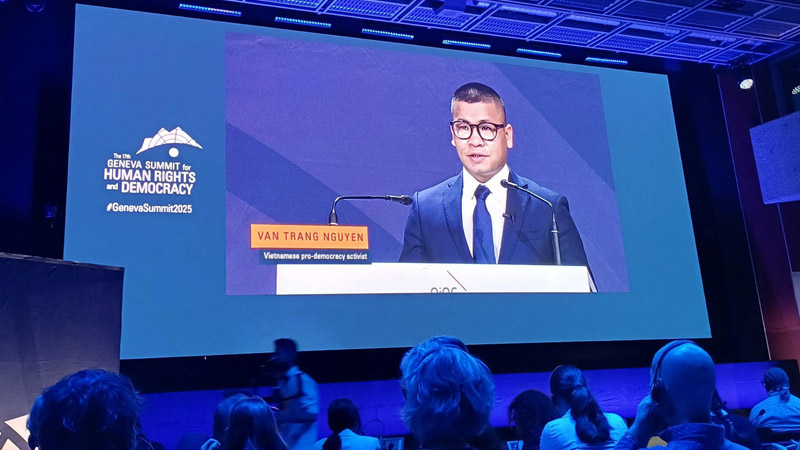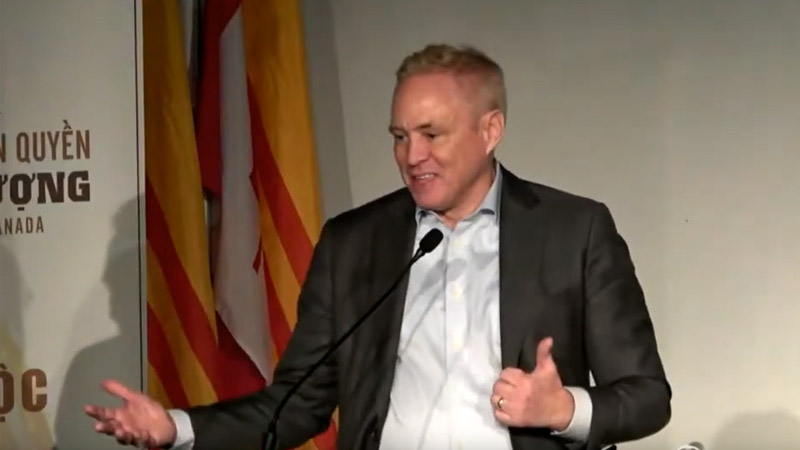January 7, 2011
Illustrating the relationship between rights abuses at home and diplomacy abroad.
Vietnam’s government is attracting unwelcome attention after a security officer manhandled an American diplomat this week in the central city of Hue. The case is a warning to Hanoi of the challenges it will face in trying to forge closer ties with the U.S. to counterbalance China’s influence in Southeast Asia.
Christopher Marchant, a political officer at the embassy in Hanoi, tried on Wednesday evening to visit Nguyen Van Ly, a Catholic priest under house arrest for his involvement in Bloc 8406, a pro-democracy movement. Precisely what happened remains unclear, but an altercation broke out as Mr. Marchant attempted to photograph the house in which Fr. Ly lives. He was eventually “pushed and pulled” to a police car and driven off, Fr. Ly told Radio Free Asia. That represents a violation of the protections diplomats traditionally enjoy abroad. The State Department has lodged protests with the government in Hanoi and its embassy in Washington.
The incident is part of a pattern. In 2007, Vietnamese police barred the wives or mothers of five dissidents from attending a tea with then Ambassador Michael Marine and Rep. Loretta Sanchez; two were “manhandled,” in Ms. Sanchez’s words, outside the ambassador’s residence. In 2009, a delegation from the U.S. Commission on International Religious Freedom was barred from meeting with several religious activists; in one case, authorities staged two truck accidents to block the roads in an effort to scotch such a visit, the commission’s Michael Cromartie testified to a House panel.
But the timing of this case is especially unfortunate for Hanoi. Over the past year, Vietnam’s authoritarian leaders have tried to build a better relationship with America in the face of China’s increasingly aggressive stance in the South China Sea. News of Mr. Marchant’s experience hit the wires the same day a new Republican Congress opened in Washington, and is certain to irritate Members who closely track Vietnam’s rights situation. Already Rep. Ed Royce, a California Republican and a senior member of the Foreign Affairs Committee’s Asia panel, introduced a bill to impose sanctions of Vietnamese officials complicit in abuses.
There’s a clear message for both sides. These cases are a reminder to America of the way Vietnam’s rights problems inevitably will intrude on broader diplomacy between the two countries. Secretary of State Hillary Clinton was on the right track when she raised issues such as Internet freedom on a visit to Hanoi last year, and current Ambassador Michael Michalak deserves credit for consistently blasting Hanoi for its treatment of dissidents. Meanwhile, Hanoi needs to recognize that its poor treatment of its own citizens—and of the Americans who monitor their cases—risks impeding its broader diplomatic aims.





